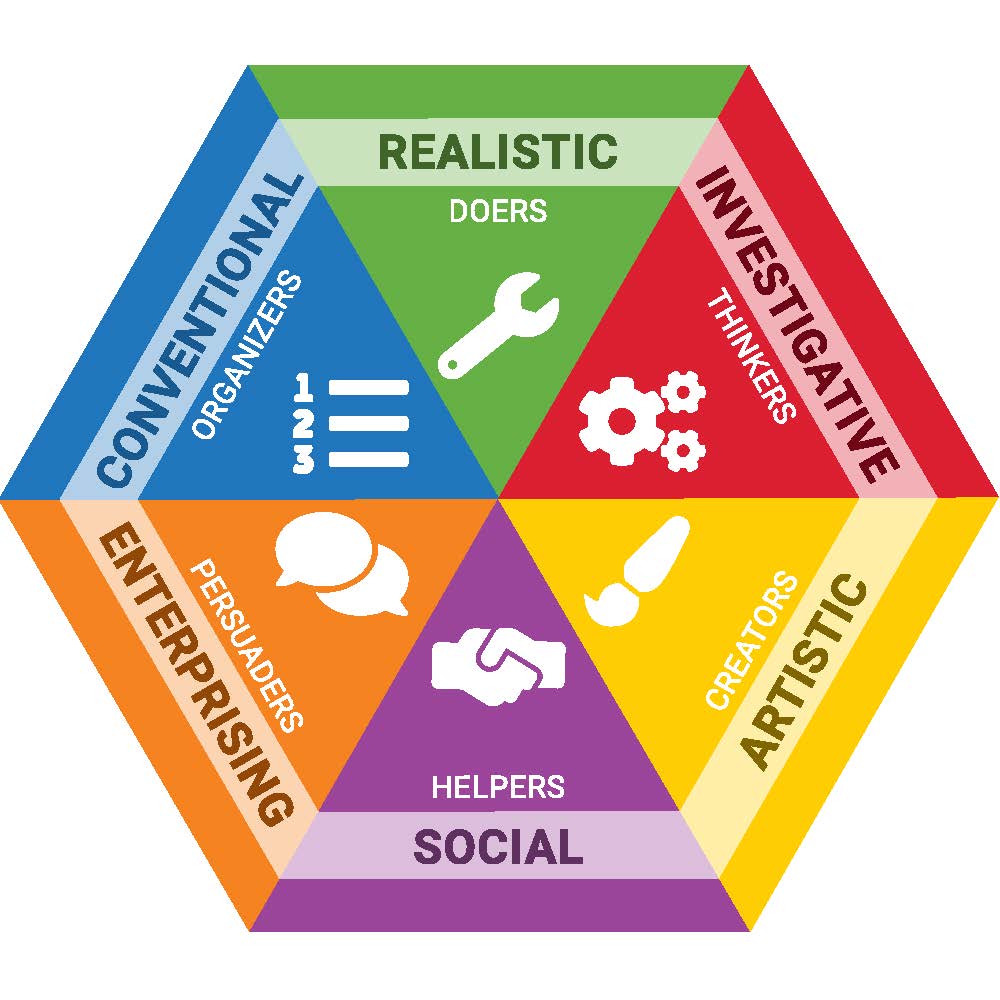Manufacturing
Although manufacturing often brings to mind huge, wide-open factory floors, it also includes small businesses. Manufacturing businesses can range from in-home bakeries to large corporations like Siemens. One thing most manufacturing businesses have in common: increasing use of technology. From roastmasters who use programmable coffee roasting machines to industrial engineering technicians who operate 3-D printers that make metal parts, manufacturing is quite different than it was even a decade ago.
Manufacturing workers change materials, substances, or components into new products. Manufactured goods include or are made from chemicals, computers and electronics, fabricated metal products, food, machinery, plastics and rubber products, or transportation equipment. While businesses still hire workers for traditional mass production of simple products, manufacturing jobs increasingly use technologies that enable workers to customize, shorten production time, and create lighter weight, more durable products.
Manufacturing includes occupations with a variety of education and experience backgrounds, but job numbers have been decreasing in occupations that require the least amount of education. North Carolina’s growth careers in manufacturing often involve installing, maintaining, and repairing increasingly technical equipment. Industries most likely to hire this cluster’s workers include temporary service agencies, poultry processing plants, and furniture and drug manufacturers.
The following Core Skills are necessary for success in these occupations:
- Repairing - Repairing machines or systems using the right tools
- Equipment Maintenance - Planning and doing the basic maintenance on equipment
- Installation - Installing equipment, machines, wiring, or computer programs
- Equipment Selection - Deciding what kind of tools and equipment are needed to do a job
- Troubleshooting - Figuring out what is causing equipment, machines, wiring, or computer programs to not work
- Operation & Control - Using equipment or systems
- Operation Monitoring - Watching gauges, dials, or display screens to make sure a machine is working
- Quality Control Analysis - Testing how well a product or service works
- Technology Design - Making equipment and technology useful for customers
- Monitoring - Keeping track of how well people and/or groups are doing in order to make improvements
Resources related to the Manufacturing career cluster:
 Video provided CareerOneStop. CareerOneStop is sponsored by the U.S. Department of Labour, Employment and Training Administration and the Minnesota Department of Employment & Economic Development.
Video provided CareerOneStop. CareerOneStop is sponsored by the U.S. Department of Labour, Employment and Training Administration and the Minnesota Department of Employment & Economic Development.
 Video provided CareerOneStop. CareerOneStop is sponsored by the U.S. Department of Labour, Employment and Training Administration and the Minnesota Department of Employment & Economic Development.
Video provided CareerOneStop. CareerOneStop is sponsored by the U.S. Department of Labour, Employment and Training Administration and the Minnesota Department of Employment & Economic Development.

